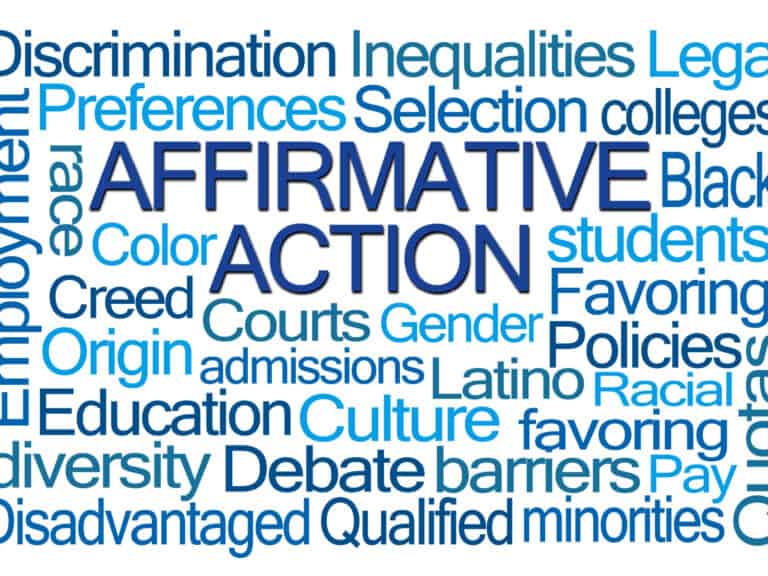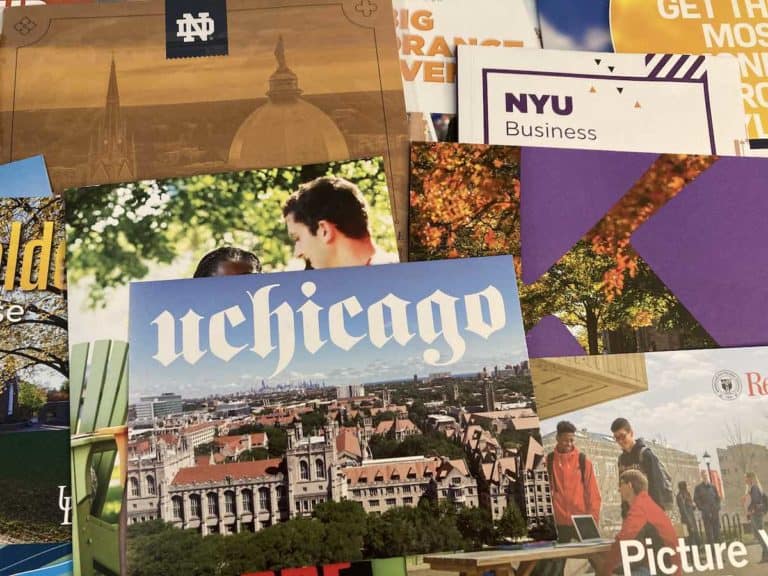Early College Programs: How They Work
Early college programs allow high school teens to graduate from secondary school with a high school diploma and some college credit.
In some instances, they may earn an associate degree, which is equivalent to 60 credits.
Similar to AP exams, an early college program can shorten and cheapen college.
However, college credits earned by students from public high schools usually transfer seamlessly to public colleges and universities in the same district or state, unlike AP credits which will depend on the policy of individual institutions.
In this post, we will talk about an early college program. Read on if you are interested in enrolling in it to fast-track your college career to earn a bachelor’s degree without spending as much money for tuition and time in school as usual.
How Does an Early College Program Work?
An early college program involves high schoolers who are enrolled in it taking college-level courses while still in high school.
So, in other words, other than their regular high school classes, early college students also take college courses, usually introductory college courses although some are eligible to take advanced college courses, too.
High school teens who wish to participate in an early college program should apply to it.
Meaning to say, high schoolers do not automatically get in. Similarly, they are not required to be a part of an early college program to be able to graduate from high school — the program is completely optional.
Teens who are enrolled in an early college program take actual college courses, usually at a local community college although some public universities offer them, too.
Since they are taking actual college courses, they also earn actual college credits.
In some instances, early college students have to take certain high school courses before they can take college courses — at times, college-level courses are reserved for those who are in the 11th and 12th grades already.
High school students enrolled in an early college program may graduate with a high school diploma and some college credit, which they can transfer to four-year institutions to count toward their bachelor’s degree.
Some early college students may earn up to 60 credits, which is equivalent to an associate degree.
How Much Does an Early College Program Cost?
Whether or not an early college program is free depends on various factors.
They include the high school or college and, in many instances, the state or district.
At public high schools, tuition is usually covered by the high school and/or the postsecondary institution, though students are responsible for paying for additional courses or credits.
Metro Nashville Public Schools (MNPS) is a school district serving Nashville, Tennessee and Davidson County.
Eligible high schoolers attending public schools in the district can take advantage of an early college program at no cost — MNSP will pay for their tuition and fees and even textbooks.
In some areas, the billing of an early college program is on the more complicated side.
Half of the tuition costs of early college program students at the University of Maine, for instance, is paid by the public research institution, while the other half is paid by the Maine Department of Education.
But it’s important to note that only a certain number of credits can be taken for free.
Early college students at the same university who wish to take more than 12 credits per academic year will have to pay the cost of each additional credit — the rate, as of this writing, amounts to $145 per additional credit.
Should You Take AP Courses Instead
There are a few things that the early college program and the AP program by the College Board have in common.
First, both programs allow you to earn college credits, which you can use in college toward your bachelor’s degree. Of course, how much credit will be honored is on a case-to-case basis, depending on the postsecondary institution’s policy.
And, as mentioned earlier, AP exams are the ones that allow you to earn college credits, not AP courses.
Speaking of which, both early college courses and AP courses help increase the rigor level of your high school curriculum, which can help boost your college admissions chances, especially when applying to a selective school.
In terms of cost, some early college programs are free of charge just like AP courses. However, some early college programs may require high schoolers to pay a certain fee, just like when taking an AP exam.
Application Process to an Early College Program
High schoolers who are interested in applying to an early college program must meet minimum requirements, which can vary from institution to institution.
For instance, some high schools may require students to apply at the start of 9th grade.
In terms of high school GPA, some institutions may require a minimum of 2.0, while others may require a minimum of 3.0.
As with applying to college, applying to an early college program begins with filling out the application form.
Similarly, high school teens must submit various requirements.
Teens below 18 years of age are required to submit written parental permission. All applicants must also submit a letter of recommendation from a high school counselor.
Applicants must meet certain scores in the Measures of Academic Progress (MAP) assessment test as well as in the program’s entrance examination — advanced courses, more often than not, require sitting for placement exams.
When in high school you can apply for an early college program will depend on the institution’s requirements.
For instance, at Luzerne County Community College, which is located in Pennsylvania, those who are interested in an early college program must apply at the beginning of their freshman year of high school.
How to Find a Program for You
High school students who are interested in enrolling in an early college program to expedite their college careers even before they graduate from secondary school may consult with their respective high school counselors.
They may also research which local colleges and universities are offering early college programs.
According to US News, there are around 400 early college institutions in the nation.
While that seems like a large number, doing the math will reveal the fact that an early college program is very rare: 400 is less than 2% of the approximately 23,500 public high schools in the US.
The same report added that different states have slightly varying definitions of early college, and one’s offering can be different from the kind of program that can allow you to graduate high school armed with an associate degree.
Also, check some other considerations below.
Homeschooled Students
Homeschooled high schoolers are eligible to apply for early college programs.
The application process is pretty much the same with traditional high school teens, although the parent serves as the homeschooled applicant’s guidance counselor, recommender and provider of the student’s transcript, which is the single most important application requirement.
Early College Grades and High School Transcript
Like courses that are a part of the traditional high school curriculum and college-level courses such as AP and IB classes taken in high school, the early college grades a teen enrolled in the program end up in his or her permanent record. It is vital for the student to coordinate with the institution if in need of help, such as with dropping or withdrawing from a course.
Summer Classes
High school students enrolled in an early college program can take summer classes.
When they can do so will depend on the high school or community college’s policy.
For instance, at some institutions, high school teens in an early college program may start taking summer classes in the 9th grade, while they may start to do so only in the 11th grade at others.
Disclaimer: The views and opinions expressed in this article are those of the authors and do not necessarily represent those of the College Reality Check.





